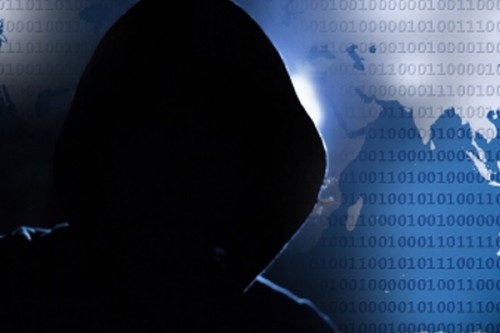Japan's Seiko suffers data breach, BlackCat takes responsibility

San Francisco, Aug 22 (IANS) The notorious ransomware gang BlackCat also known as ALPHV, has claimed responsibility for the cyberattack disclosed by the Japanese watchmaker Seiko firm earlier this month.
The company on August 10, issued a data breach notification, stating that an unauthorised third party gained access to at least a portion of its IT infrastructure and accessed or exfiltrated data, reports Bleeping Computer.
Seiko is one of the world's largest and most historic watchmakers, with over 12,000 employees and a $1.6 billion annual revenue.
"Seiko Group Corporation has confirmed that on July 28 of this year, the Company suffered a possible data breach. It appears that some as-yet-unidentified party or parties gained unauthorized access to at least one of our servers. Subsequently, on August 2, we commissioned a team of external cybersecurity experts to investigate and assess the situation," Seiko said in a notice.
"As a result, we are now reasonably certain that there was a breach and that some information stored by our Company and/or our Group companies may have been compromised," it added.
The company also apologised to potentially impacted customers and business partners and urged them to be wary of email or other communication attempts potentially impersonating Seiko.
Moreover, the report mentioned that the BlackCat ransomware group on Monday claimed to be behind the attack on the watchmaker, posting samples of data that they claim to have stolen during the attack.
The hackers in the list mock Seiko's IT security by leaking what appear to be production plans, employee passport scans, new model release plans, and specialised lab test results.
They also allegedly leaked samples of confidential technical schematics and Seiko watch designs.
Last month, UK's largest National Health Service (NHS) trust again suffered a ransomware attack on its systems, compromising the data of about 2.5 million patients.
Calling it to be “the biggest breach of healthcare data in the United Kingdom”, BlackCat claimed to have stolen 70 terabytes of sensitive data from Barts Health NHS Trust, which runs five London-based hospitals, TechCrunch reported.

|

|

